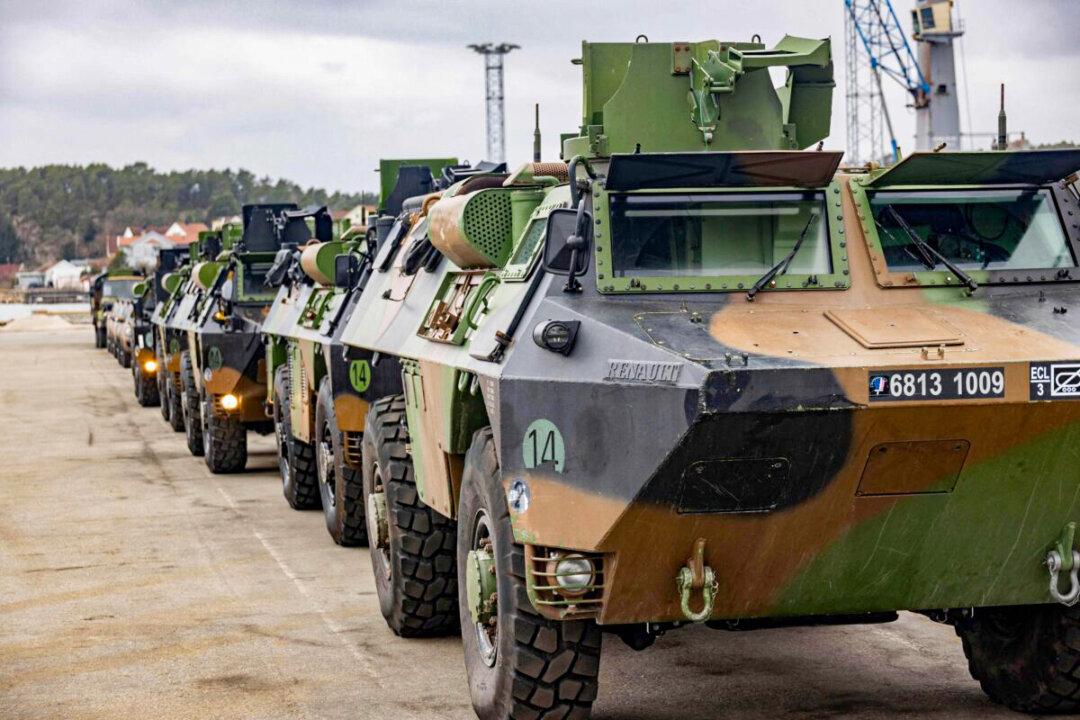NATO’s leadership on June 27 announced the bloc would drastically increase its high-readiness force in the midst of the Russia–Ukraine conflict.
Secretary-General Jens Stoltenberg said the military alliance was aiming to increase the force numbers to more than 300,000 in what he termed the “biggest overhaul of collective defense and deterrence since the Cold War.”





